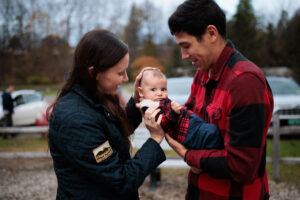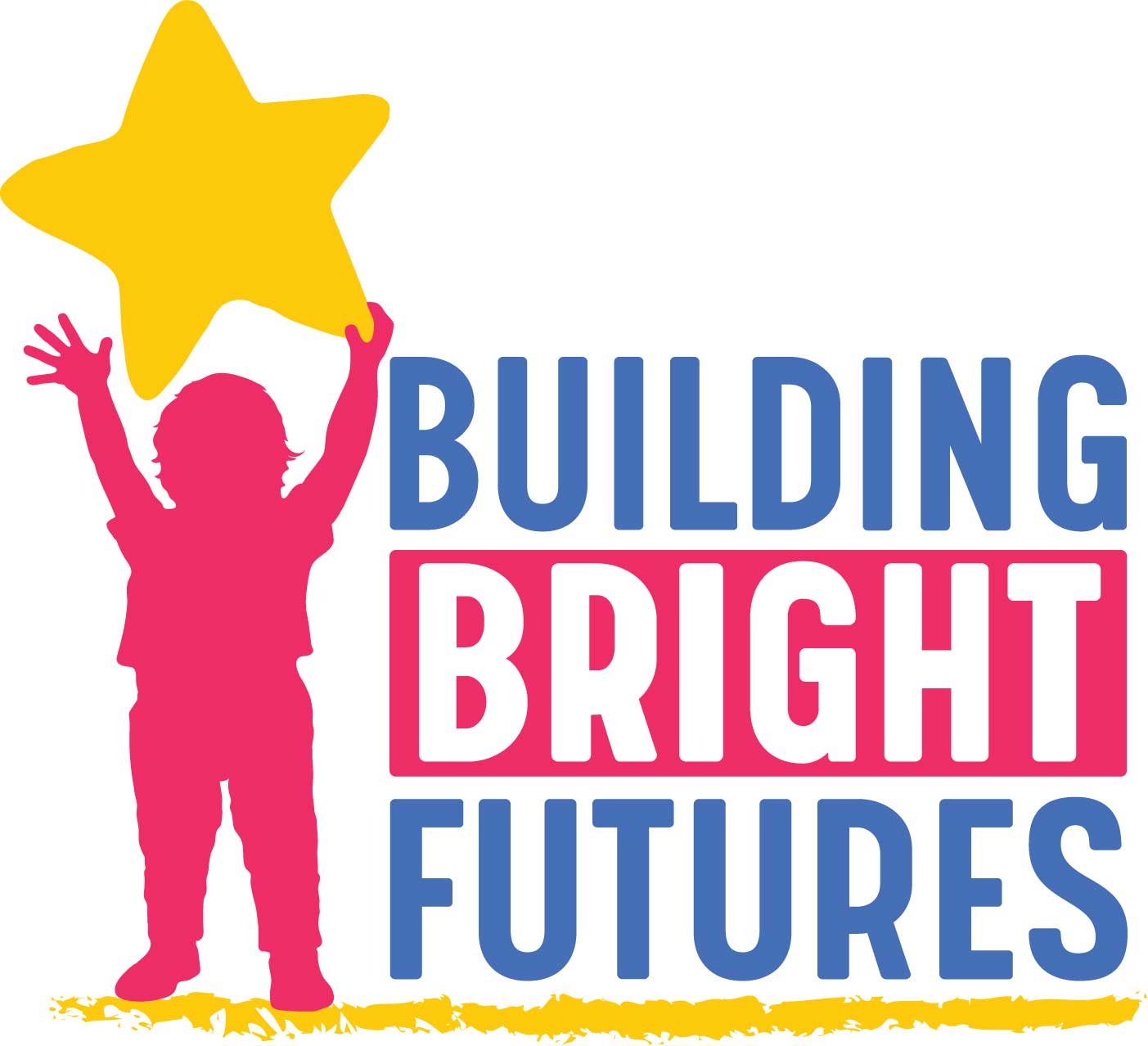On July 18, 2024, the Building Bright Futures Families & Communities Committee co-chairs Jen Fortman and Sarah Morrison moderated a Vermont Early Childhood Grand Rounds Seminar focused on promising practices that build parent and family representation and leadership in state systems. The seminar featured family leadership experts from Maine, Pennsylvania, Missouri, Vermont, and the National Center for Family and Parent Leadership.
The session was attended live by over 50 individuals from Vermont and across the country, including parent representatives, early childhood educators, higher education representatives, and family leadership professionals.
Key Themes Discussed
Presenters elevated initiatives that are designed to ensure families play a leading role in early childhood systems. They talked about building pathways of support to engage families and parents, designing structures to prepare and guide agencies, and preparing tables to share power and decision-making.
Panelists:
Sadia Batool, Early Childhood Family Lead for Early Childhood Comprehensive Systems, Pennsylvania Office of Child Development and Early Learning
Anna Cyr, Maternal and Child Health Coordinator/Family Leadership Liaison, Maine Department of Health
Jacob Pinney-Johnson, Consultant/Trainer, National Center for Family & Parent Leadership
Charlotte Safran, Family and Community Partnerships Program Manager, Vermont Department of Health
Bryce Starr, Project Coordinator, Maternal and Child Health, Missouri Maternal Health Action Network
Building Parent Representation
Panelists emphasized the time, care, and support needed to build diverse parent representation.
“We agree that the voice of lived experience is not a tool to be used but one that is shared, and we need to respect those stories because that story is someone’s life,” said Bryce Starr.
Missouri has recruited a network of regional family advocates who join advisory groups to share community information. They share the stories about what families are experiencing to center voices from varying regional perspectives. The Missouri action network is committed to tackling challenges through understanding family perspectives and offering a variety of ways for family representatives to get involved based on their interests, availability, and capacity.
Panelists elevated best practices for engaging family leaders, including providing accessible materials, being clear in communications, preparing participants in advance of expectations, and moving at the speed of trust. Connections take time to build—mentoring, coaching, peer-to-peer support, and acknowledgement of impact were highlighted as strategies towards building strong relationships.
Build Organizational Readiness
“Family and parent leadership is a set of intentional practices, values, and steps that systems, agencies, and organizations adopt to build structures that allow parents to influence systemic decisions about early childhood services and programs they use or need.” —National Center for Family & Parent Leadership
Pennsylvania has a long history of structures to support parent leaders, such as clear reimbursement and compensation systems and administrative support to ensure compensation is delivered in a timely and accessible manner. Pennsylvania is currently developing a family engagement framework that outlines best practices for agencies incorporating voices of lived experience and will include a companion resource for families and parents.
In Vermont, the Department of Health has published a community engagement toolkit that will guide their staff in embedding equitable family leadership practices. They are also working on agency-wide policies to compensate people with lived expertise.
Maine has created new permanent staff positions committed to parent leadership and support. They are also creating leadership training for agency staff working to embed family and parent leadership.
Prepare and Support
We heard many examples from the panelists highlighting the need for training and support for family representatives, staff, and decision-making tables. We need to rethink how tables are set to ensure they become the authentically collaborative spaces we are striving for.
Maine offers a one-year ambassador program for family leaders that opens doors to other groups. They are piloting an “Empowering Immigrant Families” program that will encourage participants to bring learning about the Maine early childhood education system back to their communities.
Pennsylvania offers yearlong training for families receiving early intervention services to learn about navigating early childhood services. Missouri has a family advocacy academy that builds leadership skills and how to apply advocacy in different areas of life. The National Center for Family and Parent Leadership facilitates learning sessions to help agencies design and implement impactful family leadership in systems work.
Intentional training opportunities support programs in better understanding families experience and help set the table for authentic collaboration and decision-making.
Empowered Family Collaborators
“Parent leaders can collaborate with states, organizations, and communities in a variety of ways to promote change. Systems must build their capacity and change practices in ways that provide opportunities for parents to advise, collaborate and lead efforts at the same time, or at different points in time, depending on their interest and availability.” —National Center for Family and Parent Leadership
Around the country, people are working on centering family needs in programs and policy making. These frameworks are modeling the intentional policies and practices needed to build a robust network of empowered family and parent leaders.
BBF looks forward to continuing to learn and model for Vermont partners the best practices in elevating family and community voice and ensuring parents play a role in decision-making at every level.
Resources for Family and Parent Leadership
- Family and Parent Leadership Overview: National Center for Family and Parent Leadership
- Ripples of Transformation: Families Leading Change in Early Childhood Systems: A Family Engagement Toolkit for Providers and Program Leaders, commissioned by First 5 Alameda County with a grant from the Center for the Study of Social Policy
- Parent Engagement and Leadership Guide and Toolkit: EC-LINC, an Initiative of CSSP
- Parent Leaders Compensation Scale: National Center for Family and Parent Leadership
- Engaging Community Members: A Guide to Equitable Compensation: Center for Health Care Strategies
- Applying Trauma-Informed Principles to Work with Family Advocates: Zero to Three
- Family Engagement in Systems Assessment Tool (FESAT): Family Voices






